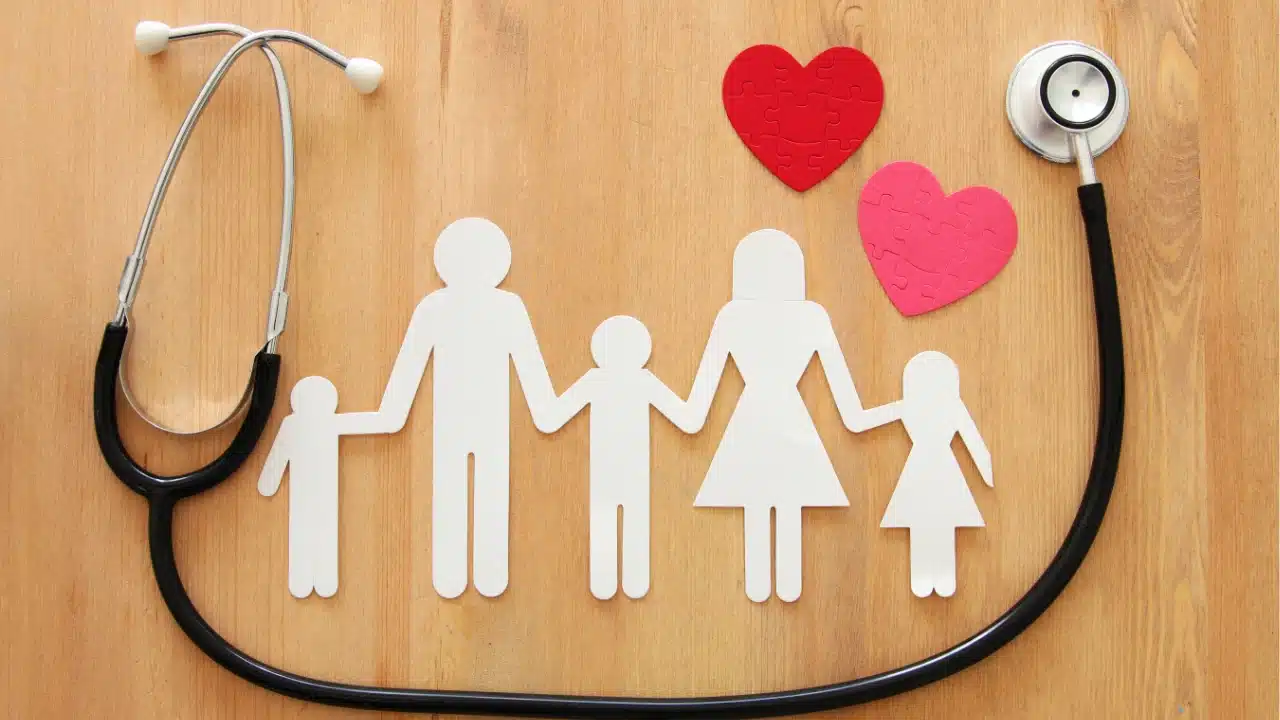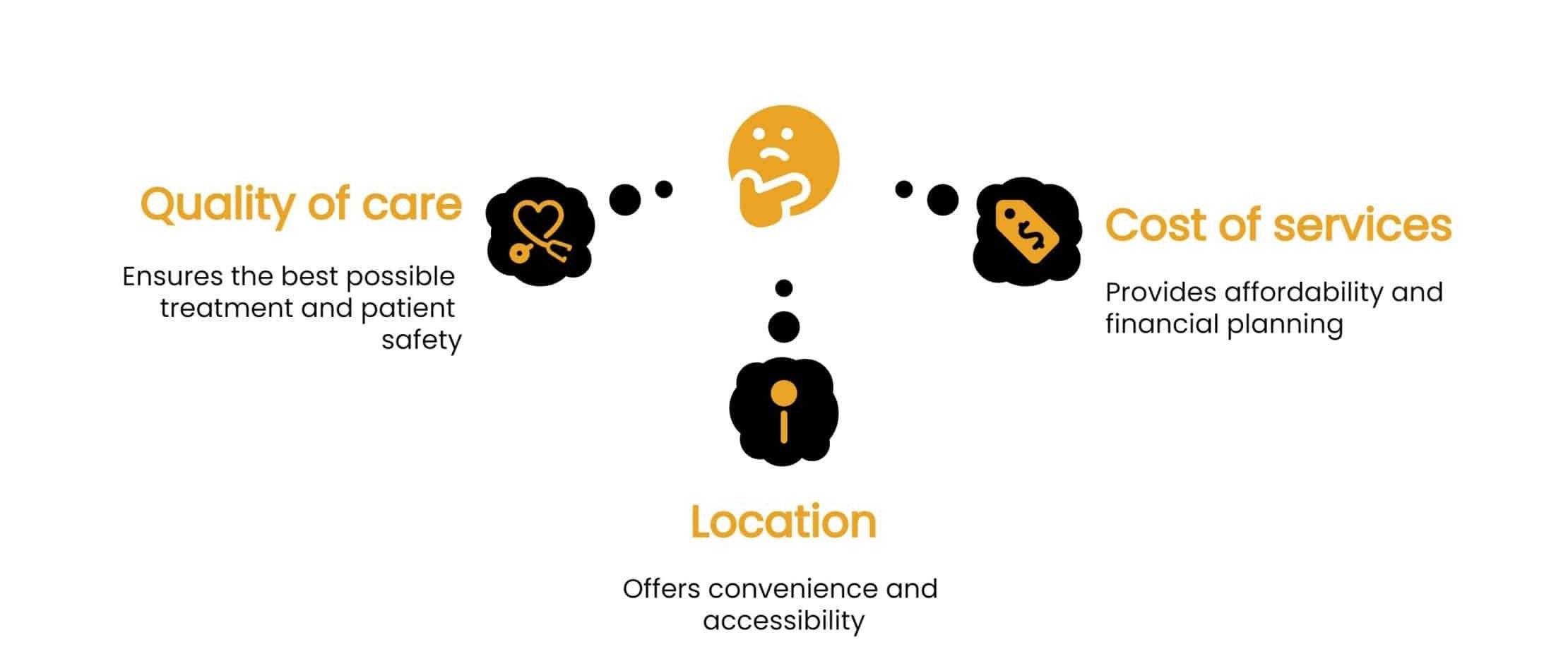The guide to affordable healthcare in Thailand
Understanding costs, coverage, and the best ways to access affordable care in Thailand

The Thaiger key takeaways
- Thailand’s healthcare system combines low-cost public services with world-class private hospitals.
- Private health insurance protects expats from major medical bills and meets visa requirements.
- Cigna offers expat-focused plans with direct billing, top hospital access, and 24/7 support.
Thailand’s healthcare system is known for being both good and affordable. Many people in Asia choose the country for medical treatment because it offers strong public services and private hospitals that meet international standards.
This means locals, expats, and visitors can all access reliable care when they need it. For those living in Thailand long-term, health insurance is important to protect against unexpected costs and to meet visa rules. Cigna provides health insurance plans designed for people in Thailand, combining worldwide coverage with local knowledge.
On this page
| SECTION (CLICK TO JUMP) | SUMMARY |
|---|---|
| Understanding Thailand’s dual healthcare system | Thailand has public and private healthcare systems. Public care is cheap but crowded, while private hospitals offer modern facilities and shorter waits at higher costs. |
| Typical healthcare costs in Thailand | Private care costs less than in Western countries but can still be high. GP visits cost 800 to 1,500 Thai Baht, while surgeries range from US$9,000 to US$20,000 (approximately US$293,085 to US$651,300). |
| Why private health insurance matters | Insurance protects against large medical bills and meets visa rules. Without it, major treatments can cause serious financial strain for expats and retirees. |
| Choosing the right health insurance plan | Local plans cover inpatient care for basic needs, while international plans include outpatient visits, diagnostics, and preventive care for broader protection. |
| Accessing medical care with Cigna | Cigna offers access to leading hospitals like Bumrungrad and Bangkok Hospital, with direct billing, 24/7 support, and visa-compliant plans for expats. |
| Tips for affordable healthcare | Use public hospitals for routine care and private ones for urgent needs. Combine insurance, preventive check-ups, and hospital research to stay cost-efficient. |
Understanding Thailand’s dual healthcare system

Thailand’s healthcare system runs on two main parts: public and private. Both play an important role, but they serve people in different ways.
The public system is built on three main programmes:
- Universal Coverage Scheme (UCS), often called the 30 Baht Scheme. It gives almost every Thai citizen low-cost healthcare.
- Social Security Scheme (SSS), which covers employees in the private sector who pay monthly contributions.
- Civil Servant Medical Benefit Scheme (CSMBS), which takes care of government workers and their families.
Public hospitals under these schemes provide very cheap, and sometimes free, medical services. The challenge is that they often have long waiting times and more basic facilities, especially in rural areas with fewer resources.
The private system, on the other hand, offers:
- Modern hospitals with advanced equipment.
- English-speaking doctors and staff.
- Shorter waiting times and more personalised care.
Private hospitals are more expensive than public ones but still cheaper than what you would pay in most Western countries. Cities like Bangkok, Chiang Mai, and Phuket are home to many private hospitals that serve locals, expats, and even medical tourists who travel to Thailand for treatment.
This balance between affordable public care and high-quality private hospitals makes Thailand a popular healthcare choice, with options to fit different needs and budgets.
Typical healthcare costs in Thailand

In Thailand, private hospital costs are much lower than in Western countries, while the quality of care stays very high. Many expats, retirees, and medical tourists find this balance appealing.
Here’s a look at typical costs in private hospitals:
- GP consultation: 800 to 1,500 Thai baht (about US$23 to US$43)
- Specialist consultation: 1,500 to 3,000 Thai baht (about US$43 to US$86)
- Routine tests (blood work, X-rays): 1,000–10,000 Thai baht (US$29 to US$286), depending on the test
- Major surgery: often 50% or more cheaper than in the US or Europe
- Heart surgery: starts around US$20,000 (approximately 651,300 baht)
- Hip or knee replacement: about US$9,000 to US$12,000 (approximately 293,085 to 390,780 baht)
- Hospital stay in private room: 20,000 to 30,000 Thai baht (US$570 to US$860) per night
Compared to Western countries, patients usually pay two to three times less for the same procedures in Thailand. Well-known hospitals like Bumrungrad International and Bangkok Hospital offer international standards, English-speaking staff, and modern facilities at a fraction of the price.
Because unexpected medical bills can still be high, many long-term residents and foreigners choose health insurance. Plans from providers such as Cigna make it easier to manage costs while also giving direct access to private hospitals with smooth billing and care support.
Why private health insurance matters

Thailand offers more affordable healthcare than many Western countries, but big medical treatments can still be expensive if paid out-of-pocket. Without insurance, these costs can quickly become a heavy burden.
For example:
- Heart bypass surgery: US$13,000 to US$20,000+ (approximately 423,345 to 651,300 baht)
- Hip or knee replacement: US$9,000 to US$12,000 (approximately 293,085 to 390,780 baht)
Even though these prices are much lower than in the US or Europe, they can still put pressure on your savings. That’s why private health insurance is important for expats and retirees. It protects against unexpected medical bills and helps keep finances safe.
Private health insurance is also often needed for long-term visas in Thailand, making it a legal as well as a practical requirement.
Choosing the right health insurance plan

In Thailand, expats and long-term residents can choose between two main types of private health insurance: local plans and international plans. Each offers different levels of coverage depending on your needs.
- Local plans usually cover inpatient care (IPD), such as hospital stays and major surgeries. They are often enough to meet basic visa requirements but may give limited coverage for outpatient (OPD) services like doctor visits or tests.
- International plans are more comprehensive. They usually include inpatient and extensive outpatient services such as specialist visits, diagnostic tests, and preventive care. These plans are helpful for people who need ongoing treatment or prefer broader protection.
Accessing medical care with Cigna

Cigna gives expats in Thailand access to a large network of top hospitals in cities like Bangkok, Chiang Mai, Phuket, and Pattaya. This includes well-known facilities such as:
- Bumrungrad International Hospital
- Bangkok Hospital branches
- Samitivej Sukhumvit Hospital
- Chiang Mai Ram Hospital
These hospitals are internationally accredited and provide everything from routine check-ups to complex treatments, making it easy for expats to get quality care wherever they live.
Cigna also makes handling healthcare simple with:
- Direct billing at many hospitals, so you don’t need to pay upfront
- 24/7 emergency support for immediate help anytime
- Coverage for major treatments, including cancer care, intensive care, transplants, and medical repatriation
- Telemedicine services for quick and convenient virtual consultations
- Protection against high medical costs
- Plans that meet visa requirements for Non-Immigrant O-A, O-X, and Long-Term Resident (LTR) visas
With these benefits, Cigna ensures expats in Thailand can access trusted medical care without the stress of high upfront costs or complicated processes.
Tips for affordable healthcare

To keep healthcare costs under control in Thailand, many people use both public and private services depending on their needs.
- Public hospitals under schemes like UCS are affordable for routine check-ups, vaccinations, and basic treatments. They are a good choice for non-urgent care.
- Private hospitals are better for urgent needs, specialised treatments, or when faster service and advanced technology are required. Expats and retirees often prefer private care for comfort and convenience, usually with the support of private health insurance.
Health insurance plans often include regular screenings and preventive care, which help spot problems early and reduce the risk of costly treatments later.
When choosing a hospital, consider:
- Quality of care
- Location
- Cost of services

Major private hospitals in Bangkok, Chiang Mai, and Phuket all offer excellent care, but their prices and services can differ.
It’s also important to stay updated on your insurance plan’s terms, coverage, and any changes in healthcare rules. This ensures you remain protected and avoid unexpected expenses. By being proactive and informed, expats can enjoy reliable and affordable healthcare during their time in Thailand.
Thailand’s healthcare system combines low-cost public care with modern private hospitals, making it popular with expats and medical tourists. While GP visits may cost only 800 to 1,500 Thai baht (US$23 to US$43), major surgeries can reach US$9,000 to US$20,000 (approximately US$293,085 to US$651,300), so private health insurance is essential.
Cigna offers wide hospital access, direct billing, telemedicine, and plans that meet visa rules. To learn more about the cost of health insurance in Thailand and how to pick the right plan, check out our full guide here: How much is Thai health insurance?
Sponsored
Latest Thailand News
Follow The Thaiger on Google News:


























